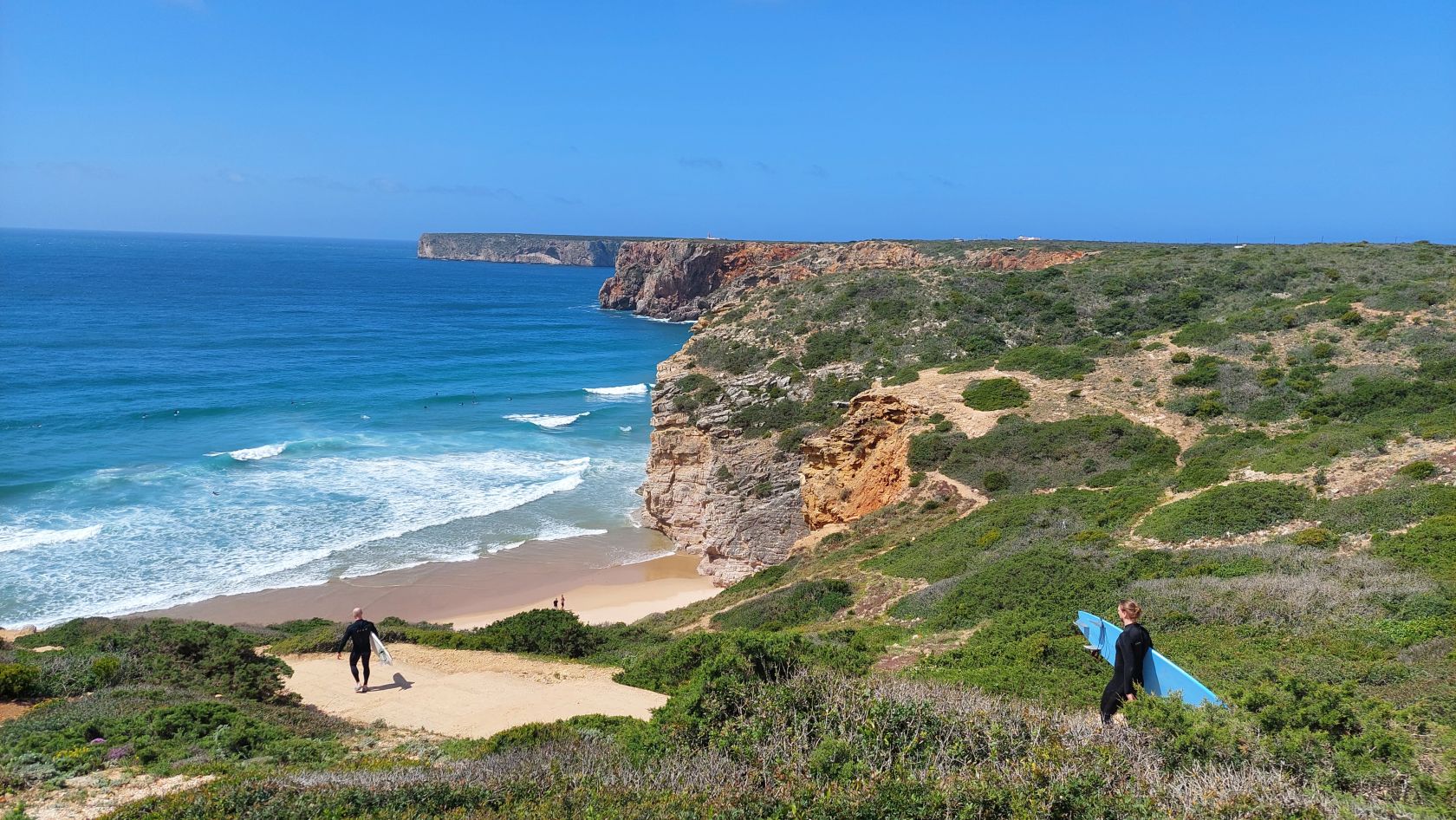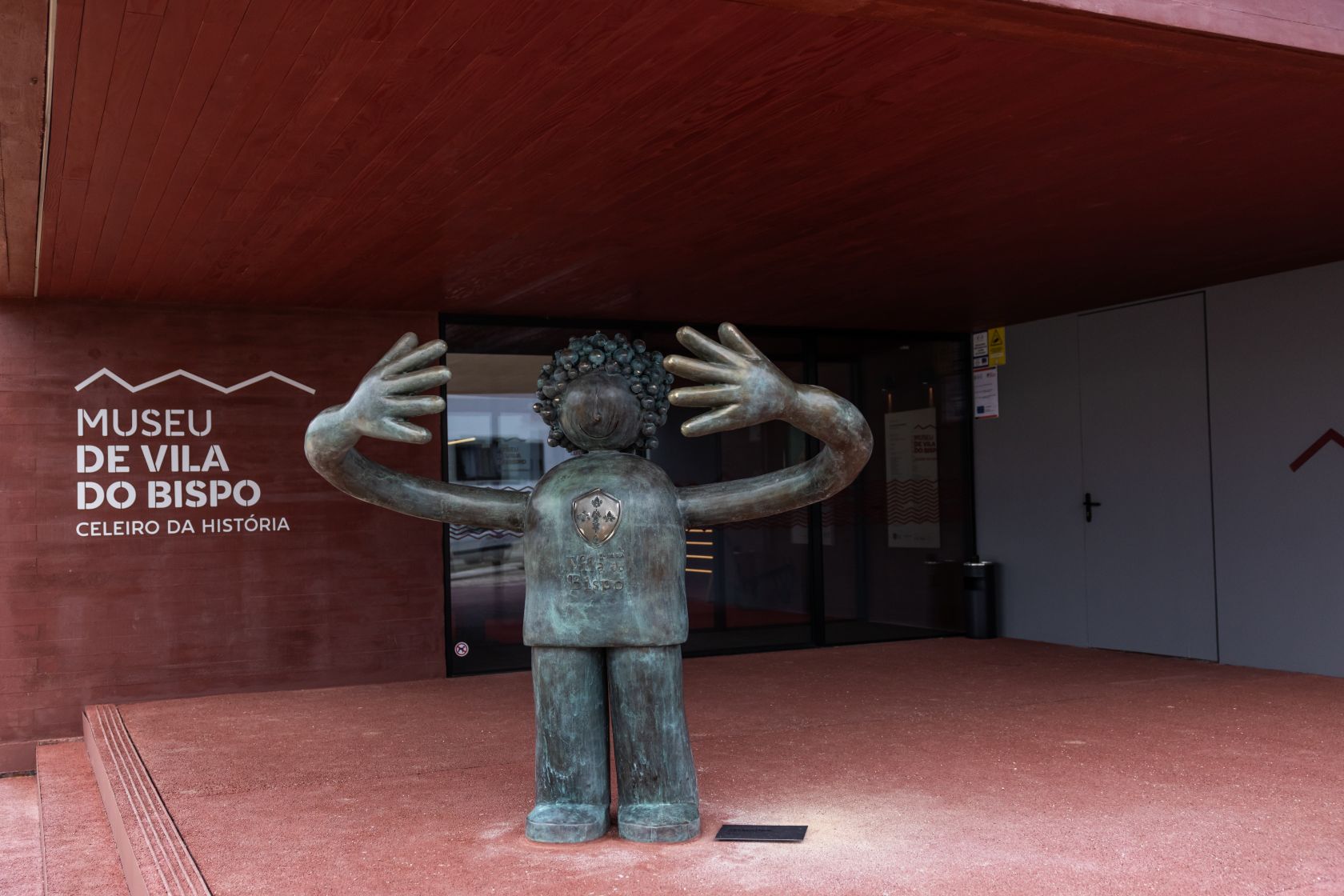With 44% of the population in Vila do Bispo of foreign origin, Rute Silva is calling on the entire community to register and vote in local elections and make their voices heard.
TPN: What are the people of Vila do Bispo looking for?
RS: The population of Vila do Bispo wants what everyone wants, they want health, housing and education. These are always the three main pillars. Obviously, they want a more developed council, but people are also looking to live here precisely for what we have. People are looking for education for their children and job opportunities.
Our unemployment rate is very low because of tourism. When it comes to health, we have a small health centre, and we also lack family doctors, but this is a national issue. Regarding housing, because of demand housing prices have risen a lot, and it is very difficult for a person or a middle-class family to be able to acquire a house at this time.
TPN: What has the municipality done to dynamise these three pillars?
RS: Regarding health, we are now going to do work at the Vila do Bispo health centre. When it comes to family doctors, we always try to negotiate for the aggregation of doctors here.
For education, we made the school centre of Budens, when I was a councilwoman. At this time our preschool network has also increased, and during the summer, we will work at the primary school of Sagres, and we also have the goal of creating a school centre at Vila do Bispo, to create even more room.
At the level of housing, we have our approved local housing strategy, at the moment, this is expected to help 139 families with housing needs. We are currently building here in Vila do Bispo 29 houses, which is not enough. However, in social terms, we have a municipal regulation of support for families in need. We give up to €150 supporting rent payment. We also aid people who need certain medications when facing some difficulty in buying medication. The municipality also supports newborns, giving financial support to couples who have children.

TPN: How would you describe the foreign community that resides here?
RS: Vila do Bispo has many foreigners with young families who are looking to live here, and I think it is great for our educational services because they bring us knowledge about the world. However, the issue of having 44% of the community being foreign also brings us some problems, such as the issue of housing, with a foreign community that lives in illegal houses, and we are now trying to reposition the legality because we cannot allow this to happen in this area. All those who are here are welcome, as long as they follow the rules, and I think it is great for this local area.
TPN: How important is the participation of this foreign community in the local elections?
RS: If we have 44% of the population of foreign origin, then it is more and more important, and not just to have not only their participation as voters but also their participation in the electoral lists themselves. We have, at least on our list, to try to have representatives from the foreign community, because their vision of the territory is different, it is neither better nor worse, but it is different.
TPN: What does the municipality do to receive the foreign community?
RS: One of the things we want to do is to write our manifestos in English too. We have residents who speak Portuguese, but some are still struggling.
I think it was important to promote the learning of the Portuguese language, and also teach the foreign community about our culture. I think it is important to teach what is the basis of our culture, and of our language, for those who are here, to try to decrease some discrimination that may exist.
TPN: How did PS in Vila do Bispo react to the results of the national elections?
RS: I do not see a problem when another political party wins the elections. For me, the problem is to see far-right movements entering the community. It shocks me. Today, I am the Mayor, but I may not be tomorrow, but I am still part of a community.
We are talking about a policy, in my opinion, which is very xenophobic. And that is not what I want, as a citizen of a community like ours.
Long story short, it did not shock me that PSD won the elections because it is cyclical. My perspective is that no extreme policies should be applied, whether on the left, or right side of the political spectrum.
TPN: How will the municipality try to overcome these results in the local elections?
RS: I'm not going to change my way of being in politics, because people have to make up their own mind. The community has to see what it wants.
And if the people in the community decide that this is the direction they want, I am part of it, although I may not agree. However, that is why there is democracy. We cannot create a democracy that suits us personally. However, I still think that these kinds of parties are not of democratic origin.

TPN: Why do you think the municipalities went that way, as you say, non-democratic?
RS: I think it has a lot to do with what our society wants right now. First of all, our society wants everything to be fast and ready for tomorrow and things are not like that.
Right now, I think we are in a rioting phase. In my opinion, I think that these kinds of parties end up saying what people want to hear. When in reality, if one day they get into power, there are measures that they will certainly implement, but there are certain measures that they will not be able to implement.
TPN: Could you give an appeal to the foreign community of Vila do Bispo to register and vote in the elections?
RS: What I would say is that they should participate, and be part of the community which belongs to them. Everyone is important and above all, people should contribute.
In this way, they can contribute not only as part of the elections but can continue to be part of what is our community. This is the same for foreigners as it is for Portuguese.
Currently, the Deputy Editor at The Portugal News, Bruno G. Santos, is really interested in national politics. With a degree in Journalism and Communication, he also loves to write about different topics like Portuguese culture, society and other current affairs. Press card: 8463.















